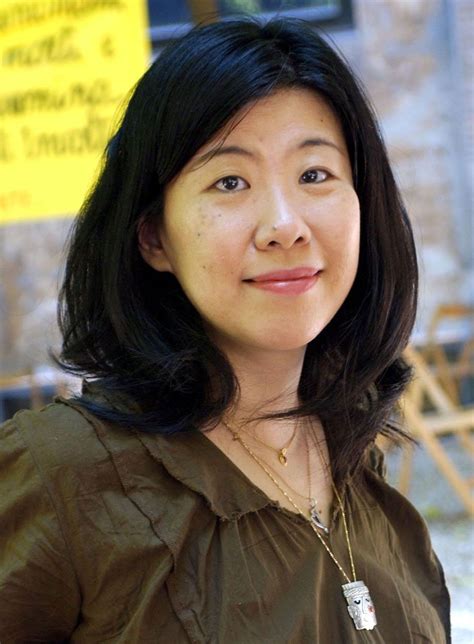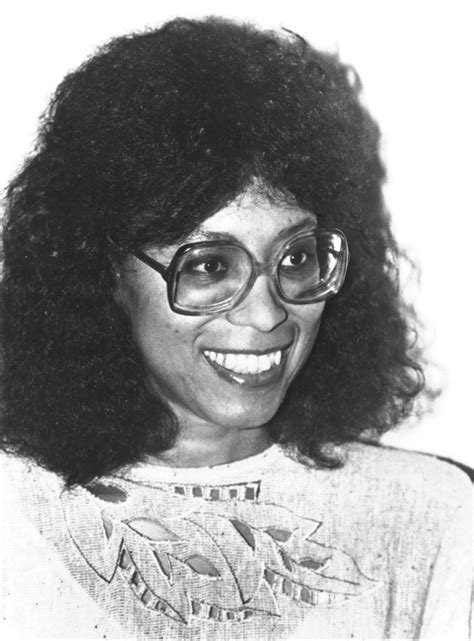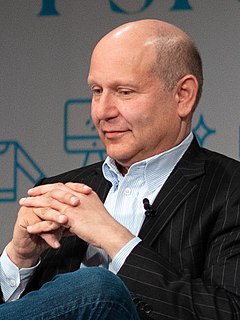A Quote by Jane Goodall
I think we're still in a muddle with our language, because once you get words and a spoken language it gets harder to communicate.
Related Quotes
I'm chasing a kind of language that can be unburdened by people's expectations. I think music is the primary model-how close can you get this language to be like music and communicate feeling at the base level in the same way a composition with no words communicates meaning? It might be impossible. Language is always burdened by thought. I'm just trying to get it so it can be like feeling.
We believe we can also show that words do not have exactly the same psychic "weight" depending on whether they belong to the language of reverie or to the language of daylight life-to rested language or language under surveillance-to the language of natural poetry or to the language hammered out by authoritarian prosodies.
There is a narrow class of uses of language where you intend to communicate. Communication refers to an effort to get people to understand what one means. And that, certainly, is one use of language and a social use of it. But I don't think it is the only social use of language. Nor are social uses the only uses of language.
For language to have meaning, there must be intervals of silence somewhere, to divide word from word and utterance from utterance. He who retires into silence does not necessarily hate language. Perhaps it is love and respect for language which imposes silence upon him. For the mercy of God is not heard in words unless it is heard, both before and after the words are spoken, in silence.
Living like that utterly convinced me of the extreme limitations of language. I was just a chlld then,so I have only an intuitive understanding of the degree to which one losses control of words once they are spoken or written. It was then that I first felt a deep curiosity about language, and understood it as a tool that encompasses both a single moment and eternity
It has not been definitively proved that the language of words is the best possible language. And it seems that on the stage, which is above all a space to fill and a place where something happens, the language of words may have to give way before a language of signs whose objective aspect is the one that has the most immediate impact upon us.
In your relationship with God there are also times when you want to say things and you're trying to find the words to express them. In a human relationship sometimes you struggle for words and you've got to do it, but in a relationship with God he can actually give you a language which enables you to communicate. In a relationship with God you feel things and you want to express them and you're not limited by human language. You can express what you really feel in your heart, through a language that he gives you, and that helps you to communicate with God.
I'm German! Actually, I love my countr, ;I love the language. The German language is very special because it is so precise. There is a word for everything. There are so many wonderful words that other languages don't have. It is impressive to have such a rich language, and I love to work in that language.
Although there are those who wish to ban my books because I have used language that is painful, I have chosen to use the language that was spoken during the period, for I refuse to whitewash history. The language was painful and life was painful for many African Americans, including my family. I remember the pain.
Being a slow reader would normally be a deficiency; I found a way to make it an asset. I began to sound words and see all those qualities - in a way it made words more precious to me. Since so much of what happens in the world between human beings has to do with the inconsideration of language, with the imprecision of language, with language leaving our mouths unmediated, one thing which was sensuous and visceral led to, in the use of language, a moral gesture. It was about trying to use language to both exemplify and articulate what good is.





































